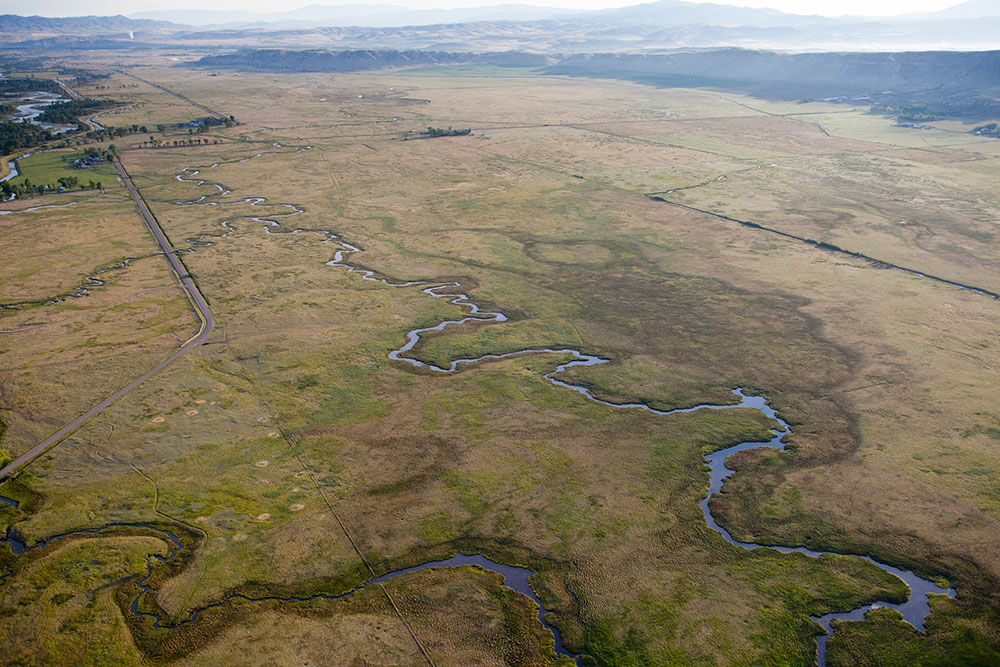The Environmental Protection Agency and U.S. Army Corps of Engineers have issued a new definition of “waters of the United States” (WOTUS). This definition is important because it defines the scope of the agencies’ regulatory jurisdiction under the Clean Water Act. The Act authorizes the regulation of activities that may pollute the nation’s “navigable waters,” which are, in turn, defined as the “waters of the United States.” The more expansive the WOTUS definition the agencies adopt, the more authority they have over private land-use decisions.
The new definition was prompted by the failure of prior agency definitions to withstand judicial review. In 2001, and again in 2006, the U.S. Supreme Court rejected the agencies’ overly expansive notion of their own jurisdiction. Authority to regulate activities touching upon “waters of the United States” is broad, but not infinite, the Court ruled, and must ultimately connect to the nation’s navigable waters. Already multiple suits are pending in federal court challenging the new WOTUS definition for failing to heed this guidance.
The new definition seeks to reclaim much of the regulatory jurisdiction cut back by the Supreme Court. The underlying premise of this definition seems to be that the Army Corps and EPA best fulfill their environmental missions by casting the widest net possible. Maximizing environmental conservation under the Clean Water Act, the theory goes, requires maximizing federal regulatory authority.
The unrestrained expansion of regulatory jurisdiction may be good for federal agencies, but it’s not always good for conservation.
Yet more regulation does not always translate into more conservation, particularly if regulatory resources are spread thin and applied in an unfocused manner. By expanding regulatory authority, the agencies may crowd out potentially complementary efforts by state and local governments and conservation organizations.
Consider the case of wetlands, which are subject to the Clean Water Act under the new WOTUS rule insofar as they are adjacent or otherwise connected to navigable waters and their tributaries. If federal regulation does not cover all wetlands—and it does not—other steps are necessary to maximize wetland conservation. Yet conservation groups and state and local governments cannot know where their efforts are most needed if they do not know where federal regulatory authority ends and the need for additional efforts begins.
The expansion of federal regulatory jurisdiction also threatens to penalize and discourage conservation efforts more directly. Among other things, the Clean Water Act prohibits the discharge of pollutants, defined to include clean “fill material” such as dirt, in the nation’s waters without a permit, and the WOTUS rule defines waters to include many wetlands. This means that even the most well-intentioned conservationists may need a federal permit to undertake ecological restoration on private land. Why does this matter? Because obtaining such permits can be costly and time-consuming—and failure to comply can bring criminal penalties. And as has been shown in the context of endangered species, excessively punitive regulations can discourage voluntary conservation on private land.
To the extent that the new WOTUS rule subjects private conservation efforts to federal regulatory control, it may discourage private conservation. There are more than 100 million acres of wetlands in the United States, and approximately three-fourths of these are on private land. This means that insofar as federal regulatory efforts discourage private conservation, they can have significant, unintended consequences. The unrestrained expansion of regulatory jurisdiction may be good for federal agencies, but it’s not always good for conservation.




